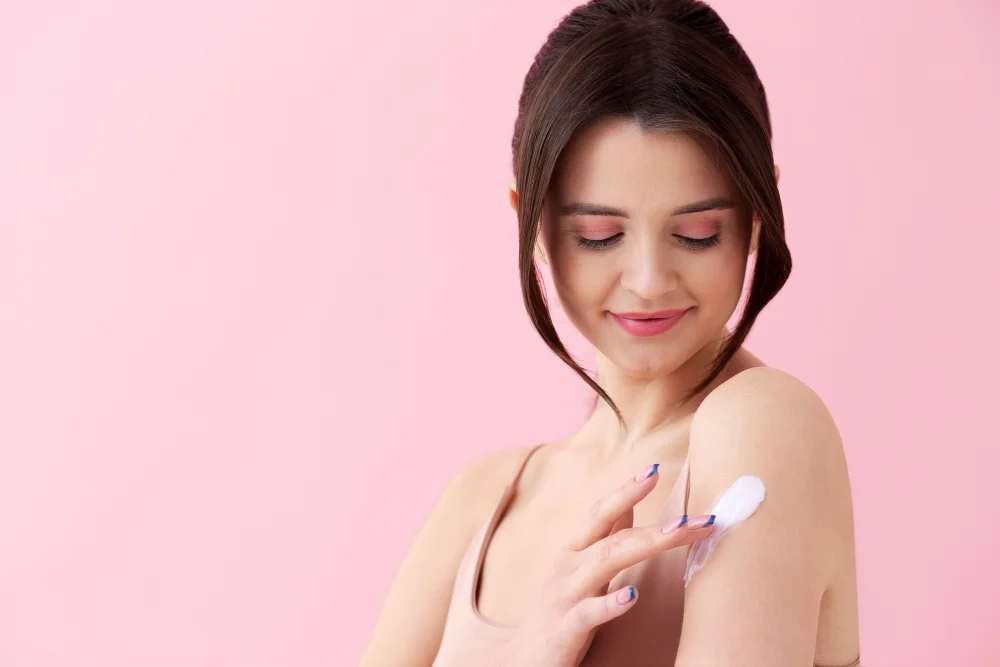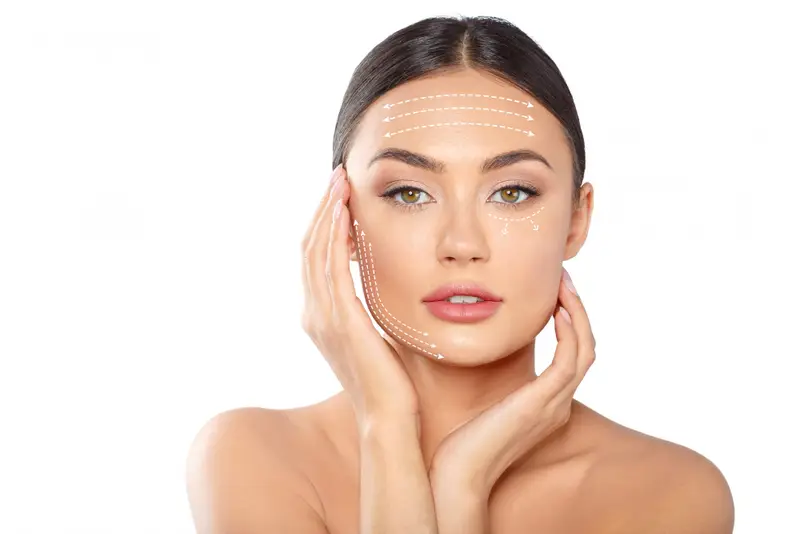Aging is an inevitable part of life, and so are the changes that come with it, including the condition of our skin. As we age, many of us notice our skin becoming drier, less supple, and more prone to irritation. While this may seem like a natural consequence of getting older, several specific factors contribute to the increasing dryness of our skin over time. Understanding these factors can help us take better care of our skin and keep it as hydrated and healthy as possible.
Decreased Oil Production
One of the most significant factors that lead to drier skin as we age is the reduction in oil production. Sebaceous glands, which are responsible for producing oil, become less active over the years. This decrease in oil production means that the skin retains less moisture, leading to dryness and sometimes flakiness. The natural oils in our skin play a crucial role in keeping it moisturized and protecting it from environmental damage, so when production diminishes, our skin’s ability to retain moisture is compromised.
Environmental Exposure
Exposure to environmental elements over the years also plays a role in drying out the skin. Sun damage from UV rays can significantly dehydrate the skin and break down collagen, leading to thinner skin that is less able to retain moisture. Cold weather and low humidity levels can also sap moisture from the skin, as can prolonged exposure to air conditioning or central heating. Protecting your skin from harsh weather conditions and minimizing sun exposure with sunscreen and protective clothing can help mitigate these effects.
Lifestyle Factors
Lifestyle choices we make every day can also influence the dryness of our skin. Smoking, for instance, can accelerate the aging process of the skin, leading to dryness and wrinkles. Alcohol and caffeine can dehydrate the body and, by extension, the skin. A diet lacking in essential fatty acids, vitamins, and minerals necessary for skin health can also contribute to dry skin. On the other hand, drinking plenty of water and eating a balanced diet rich in antioxidants and omega-3 fatty acids can help maintain skin hydration and overall health.
Hormonal Changes
Hormonal changes, particularly in women, are a major factor in skin dryness as we age. As you navigate the journey of menopause, your skin might whisper tales of dryness and delicacy, missing its once plentiful estrogen. This natural shift invites a closer look into nurturing skincare strategies that tenderly respond to your skin’s evolving needs. Understanding these changes empowers you to embrace this chapter gracefully and care, ensuring your skin’s story continues beautifully.
Understanding these factors that contribute to drier skin as we age is the first step in combating them. By taking action like consistent moisturizing, shielding our skin from environmental harm, opting for healthier lifestyle habits, and embracing skincare products that harmonize with hormonal shifts, we empower our skin to hold onto its moisture and bounce back with resilience.
As we age, our skin naturally becomes drier due to decreased oil production, environmental exposure, lifestyle factors, and hormonal changes. Although halting aging is beyond our reach, we can undoubtedly soften its effects on our skin. Diving into what leaves our skin thirsty allows us to shape skincare routines that directly address these hurdles, wrapping our skin in hydration, health, and radiance at any age. Remember, it’s always the right time to start treating your skin with the love it deserves. Your skin can keep its beautiful glow, shining brightly through every chapter of life, armed with the best approach.


















